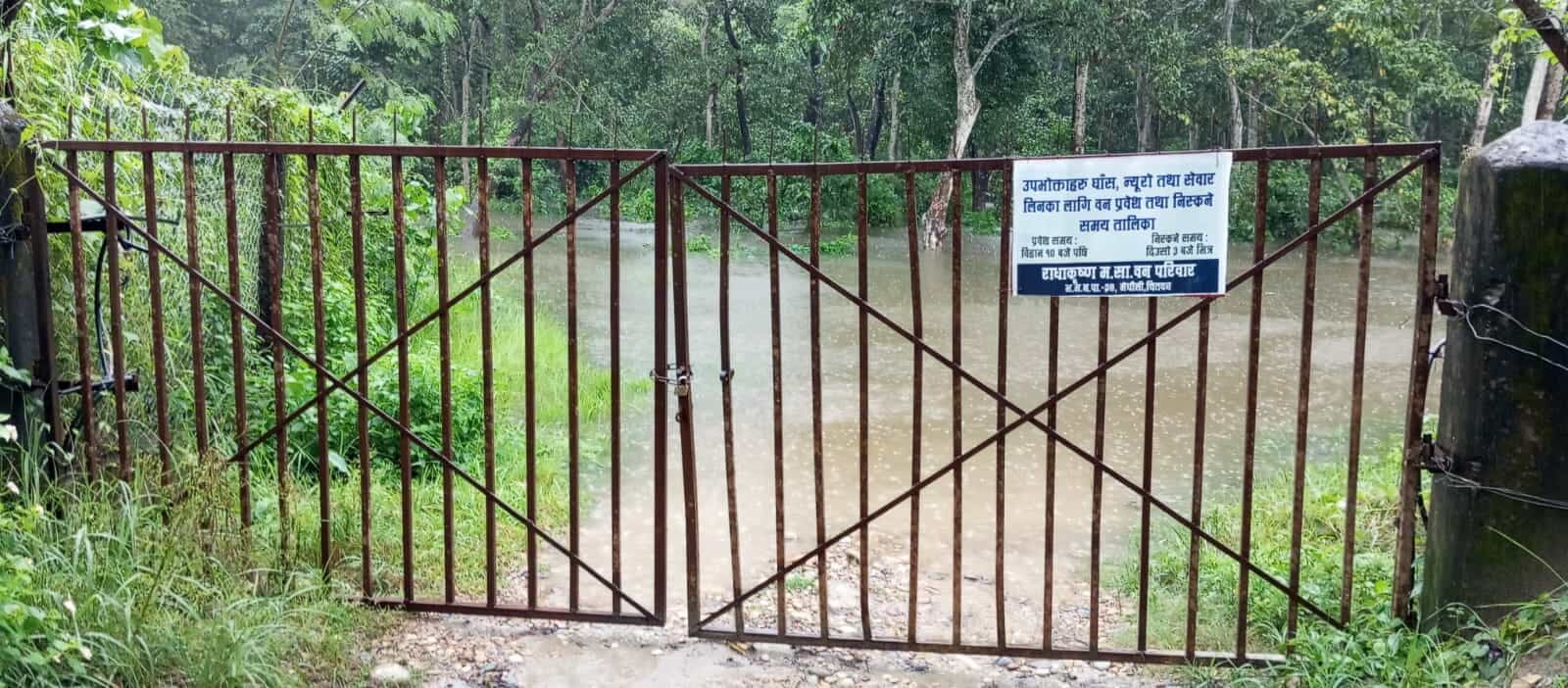
Figure 1: Meghauli Community forest entrance gate flooded
Camera trapping is a powerful tool for wildlife monitoring and conservation, but it comes with several challenges, including environmental factors. Here, we encountered specific flooding issues at our camera trapping site in Chitwan. Below is a report on the flooding impact on those camera traps.
Flooding Impact Report
Camera Initiation and Initial Success:
- Camera Start Date: September 18, 2024
- Initial Findings: Photographs of two resident female tigers.
Flooding Incident:
- Date of Heavy Flooding: September 28, 2024
- Affected Area: Central and eastern Nepal, leading to the Rapti River flooding and covering our camera trapping site.
Response:
- Attempted Retrieval: On September 28, our technicians attempted to collect the cameras but could only retrieve one set due to high water levels they could not go further. They had to wait for the water to recede to collect the remaining cameras.
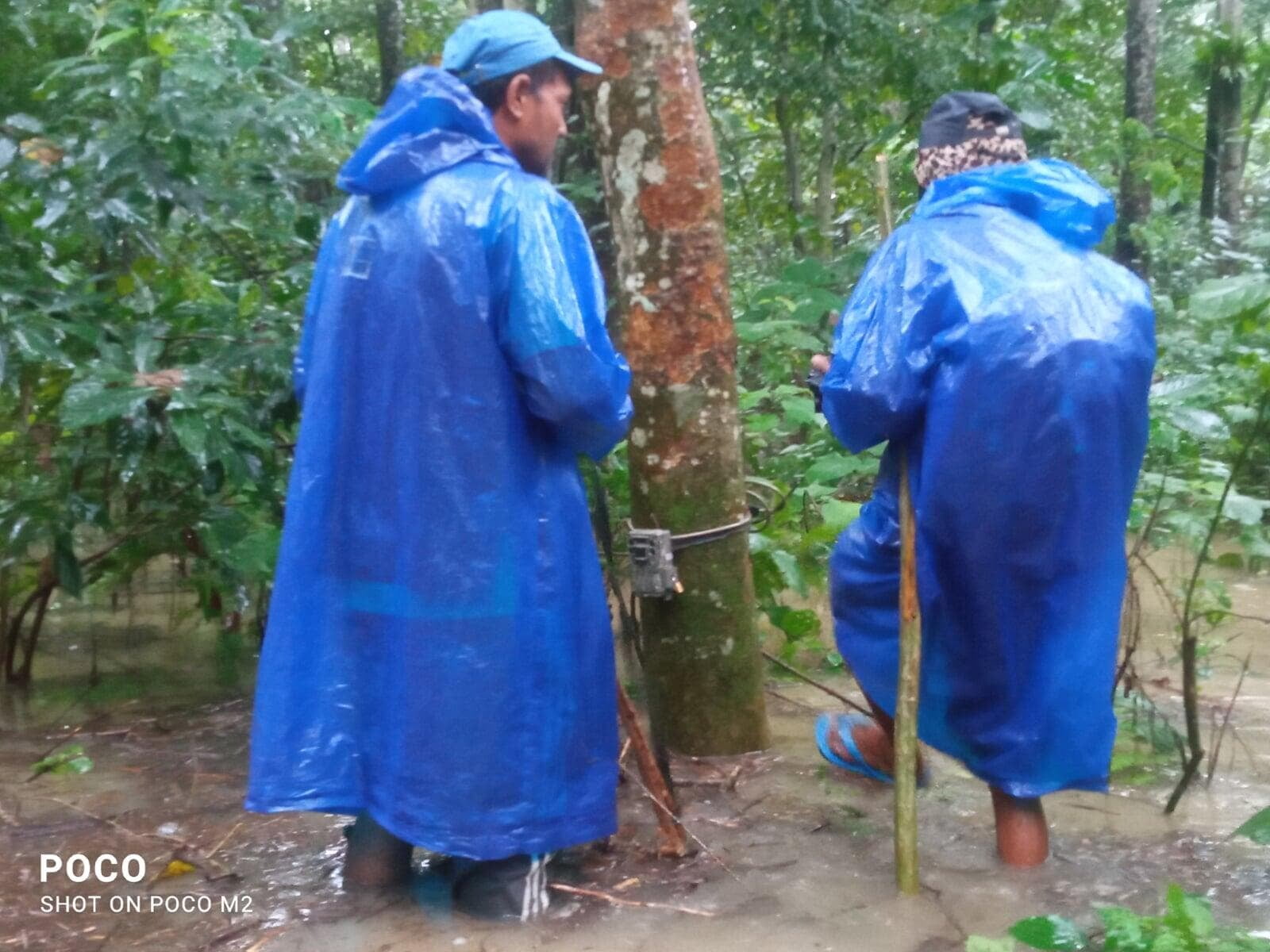
Figure 2: Technicians collecting one camera on September 28
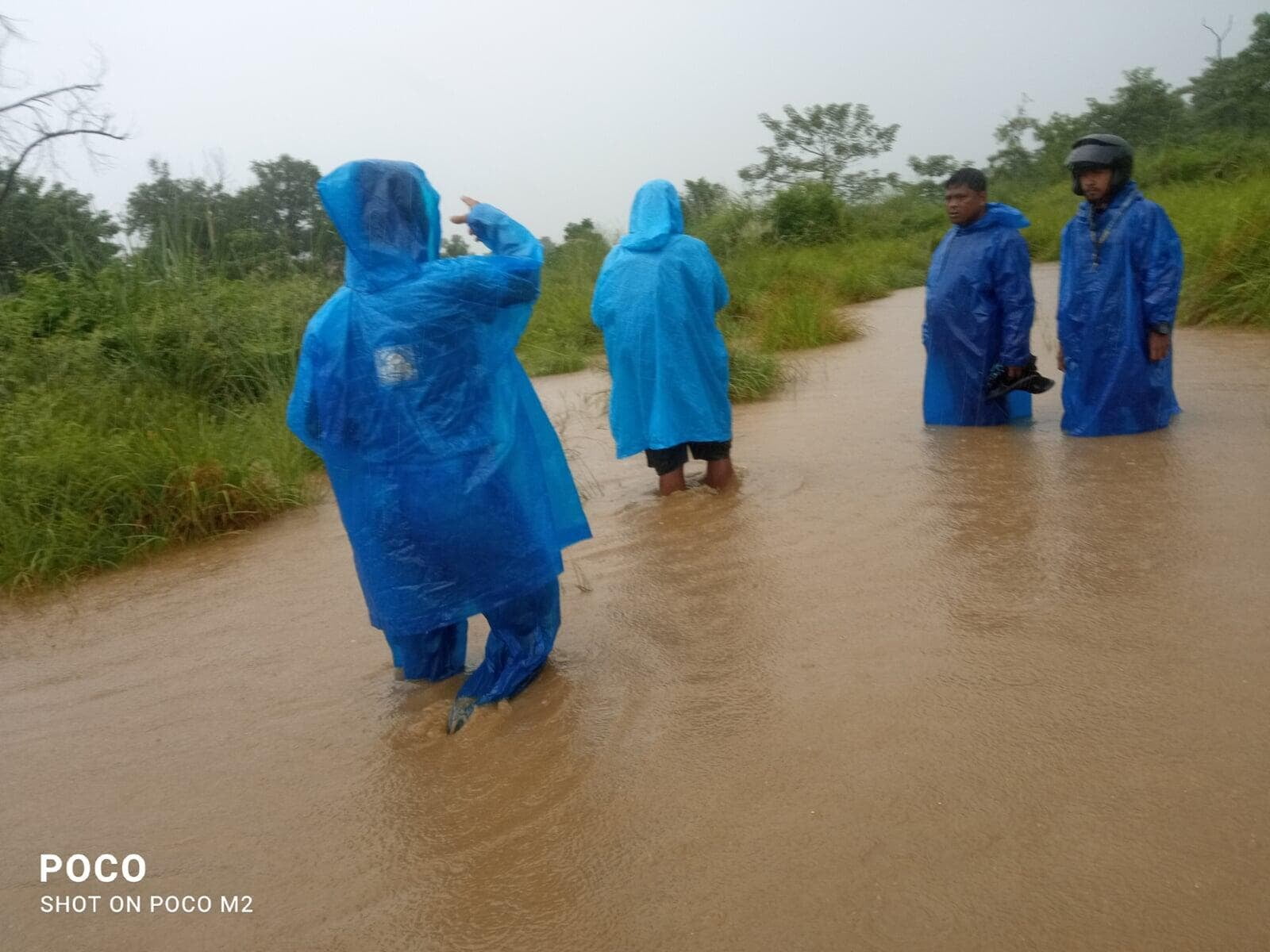
Figure 3: Team unable to go further on September 28
Camera Damage Details
- Total Camera Sets: 11
- Cameras Retrieved: 9 sets (18 cameras)
- Cameras Washed Away: 2 sets (4 cameras)
- Cameras Damaged: Of the 9 sets retrieved, 6 sets (12 cameras) were damaged and are no longer usable.
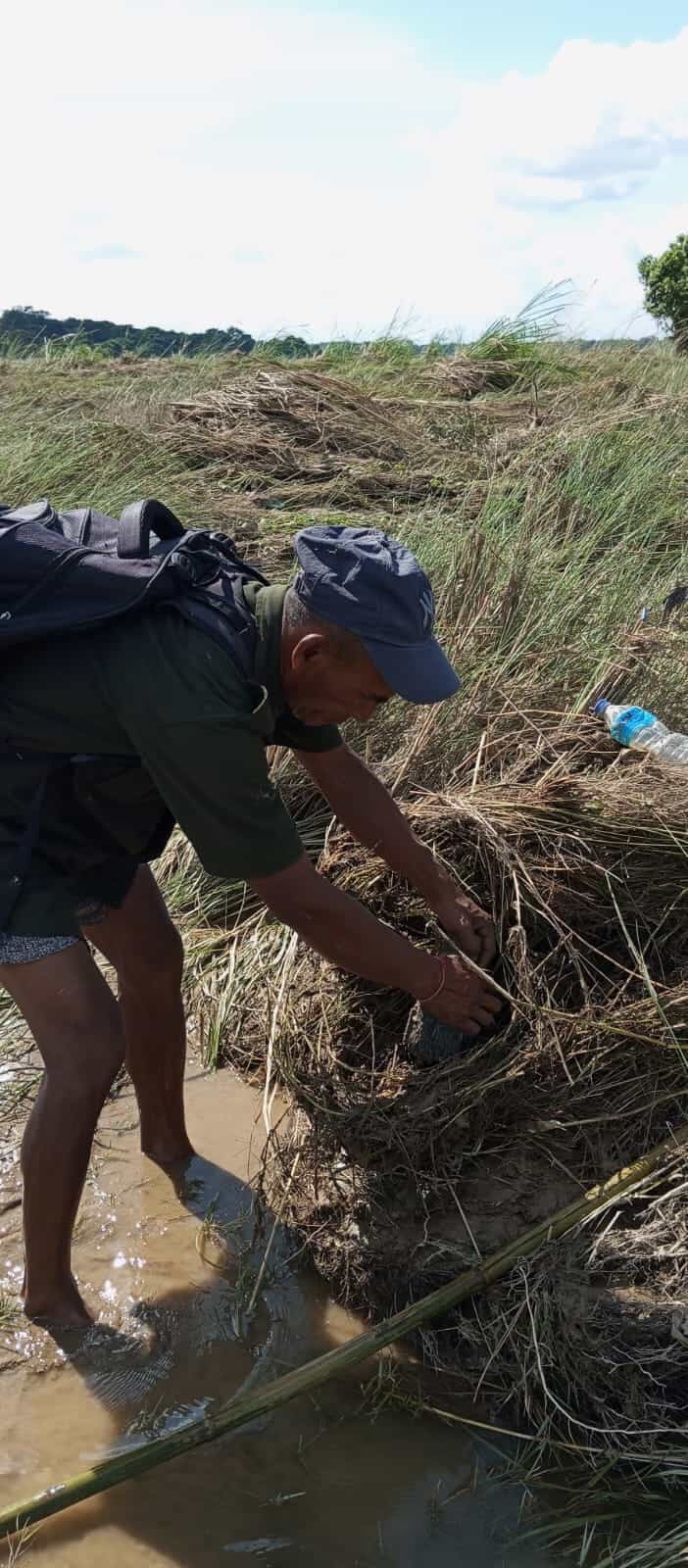
Figure 4: Raju collecting cameras after the river receded
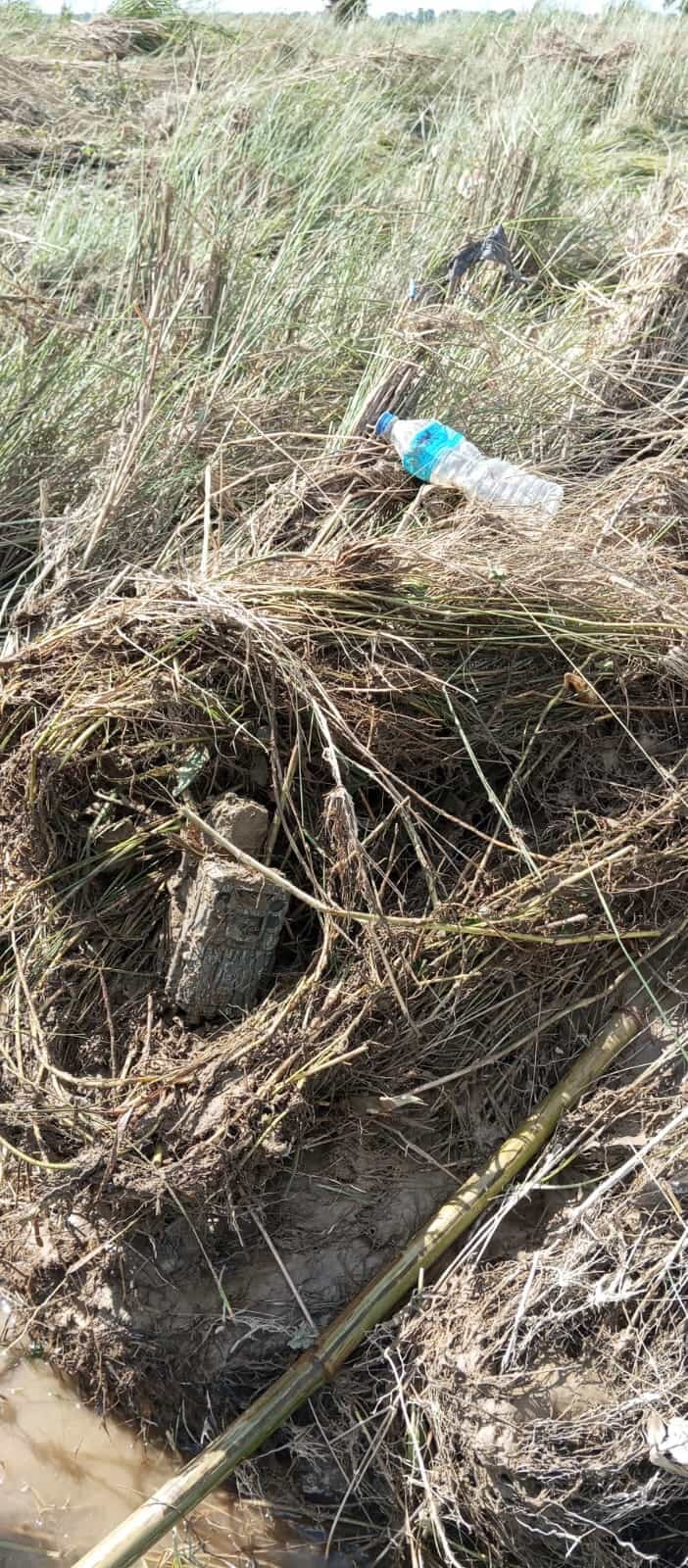
Figure 5: Camera trap collected after the river receded
Despite the challenges, we were pleased to find fresh tracks of resident female tigers on the flooded riverbank.
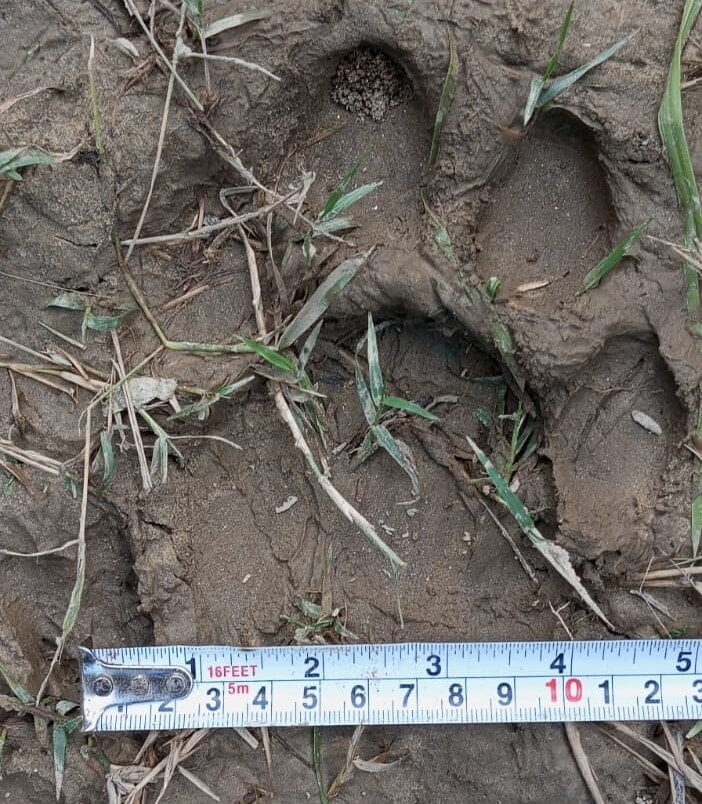
Figure 6: Female tiger track on the flooded river bank
We plan to resume camera trapping after the Dasain Festival, which begins today and is celebrated for 10 days. By then, we hope the river level will have receded, making the trapping site suitable for camera trapping again.
Please help support our efforts by donating and sharing.
If you would like to get tiger news from the tiger land, please subscribe.
